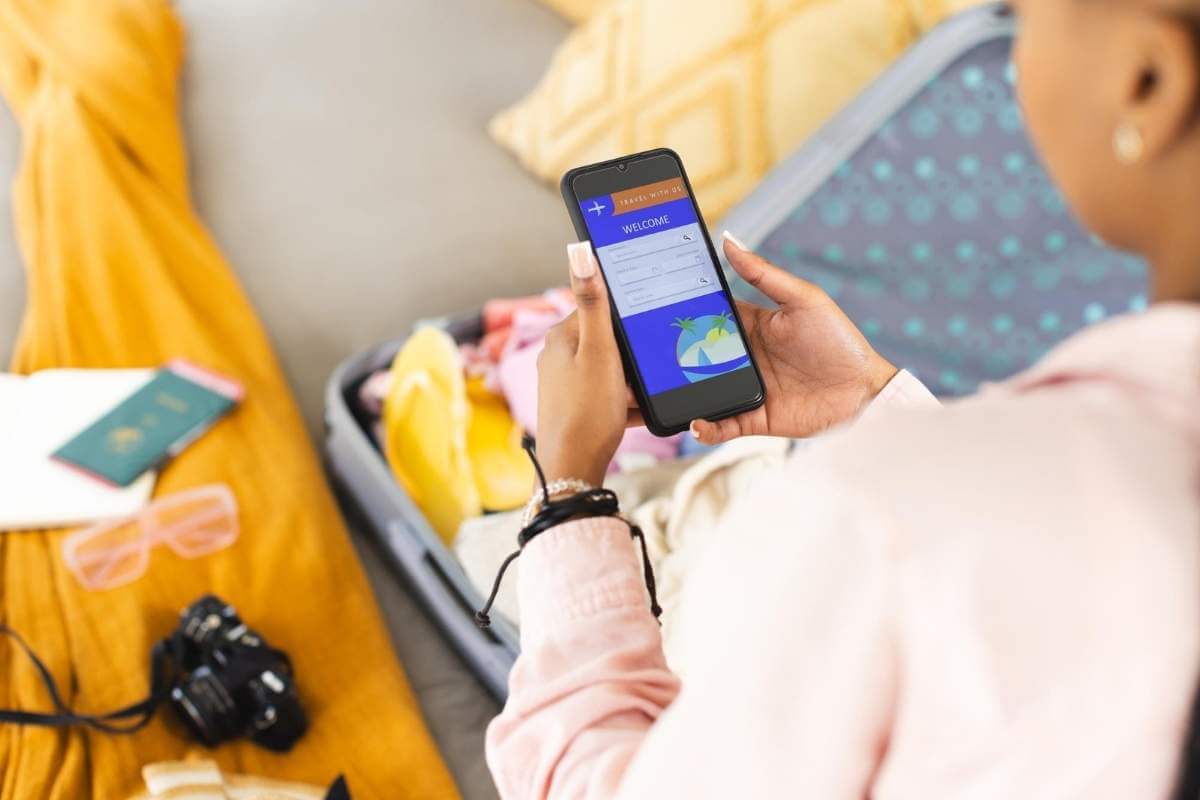It’s been a little over 4 months since Covid-19 diagnosed cases started being reported in India. It also brought along with it the lockdown, which meant the closure of all public places, including educational institutions. While the lockdown has been hard for almost everyone and for all strata of society to varying degrees, it has been particularly difficult for children and teenagers.
Research suggests that children are among the most vulnerable groups, during the time of any crisis. However, school education and the ability to interact with peers enable children to cope with crisis situations. In the case of the lockdown due to the pandemic, even that option has been taken away from children. And while major sections of the society are slowly able to unlock out of the “lockdown”, children, on the other hand, are still under lockdown as schools remain closed and playgrounds remain out of bounds.
To make matters worse, there doesn’t seem to be clarity about when this lockdown will be completely lifted and unfortunately, this is not an answer which anyone seems to be in a position to give. By now there is a consensus that the lockdown has impacted the mental health well-being of children, drastically. To summarize this impact briefly, as therapists we are seeing a large section of children presenting into therapy due to increased agitation or irritability, and an overall reduced frustration threshold.
Much like adults, children are also displaying symptoms of anxiety, depression, psychosomatic complaints, sleeplessness, anger, lack of appetite, etc. And unlike adults, children, particularly the younger ones may not be able to voice these concerns. A very critical impact of the lockdown has been the disruption that it has caused for children by keeping them away from schools and friends. Academic institutes are not just places to study or acquire knowledge but also places for building social connections. Children learn and grow through play and that is no longer an option, as the opportunities for social play have been reduced to the bare minimum. Not only is this contributing to boredom and disrupted learning, but also giving rise to intense feelings of loneliness. Toddlers, particularly are at the risk of getting conditioned to avoid seeking
social connections even in the long term, because it’s no longer safe for them to engage in collaborative play and seek human touch with other kids. While a lot is being done virtually to fill up the gaps in learning and to connect children with each other socially, there is no substitute for physical contact while learning and playing.
The school closure, which came along as a package deal with the lockdown, first and foremost led to a disruption in the learning curve of children, young or small. Routines have been thrown out of the window and we all tend to do better with routines, even if they are not very stringent ones. Apart from the points raised in the above paragraph, there have been cases of children or adolescents coming back home from hostels and being witness to family discords, which ultimately affects them in a range of negative ways. With all family members being home 24 X 7, the overall family dynamics have changed and it is getting difficult for children to accept and live by the new rules, and bear witness to this changing dynamics.
Adolescents and high school students are also facing a lot of academic uncertainty at the moment, with unclear future prospects about school’s reopening, college admissions, and so on. What we are likely to witness and are perhaps already witnessing, is a compounding mental health impact of the lockdown, as evidenced by the overall reduction in children’s emotional well-being.
Given the wide range of mental health issues which children are experiencing because of the lockdown, it is only natural that as parents and caregivers, we also adopt an extensive range of measures to help boost children’s emotional well-being during these unprecedented times. To begin with, it is essential that parents are aware of their child’s emotions and the challenges being experienced.
A healthy communication channel between your child & you can help them be more open about sharing their thoughts and feelings. Parents should also assist their children in identifying & labeling their emotions, and help them with positive ways to express these. Develop a routine with & for your child, as having something as basic as a routine in place, can provide children with a sense of structure and comfort; keep these flexible so that it is not too stressful to adhere to.
Children are also being increasingly exposed to news about the virus, and one reason why it may be so is that this is what is being discussed around them all the time. Whether it be on the news, at home over the dinner table, or in terms of being cautious with respect to hygiene and thus, constantly asserting on the importance of “being safe”; there is only coronavirus news to be consumed.
As more & more people get infected with the virus, we all know someone or have heard of someone who knows someone, diagnosed with Covid-19. And as this continues, children are also increasingly becoming aware of the vulnerability of significant people around them like grandparents or loved ones with comorbidities, for example. This is also responsible for an increased number of children manifesting anxiety or fear about losing a loved one and inducing a sense of helplessness. Therefore, it’s important that children are not overexposed to news about the pandemic and the same is communicated to them, in an age-appropriate manner.
It is also advisable not to display your fear of contracting the disease in front of your children, as children tend to mirror the emotions being displayed by elders around them. The WHO & UNICEF websites have well-researched handouts, storybooks, and awareness material, which parents can use to talk about the virus with children, and alleviate misconceptions about the same.
To conclude, while this time is without a doubt tough, and something that none of us ever expected to experience in our lifetime, with the proper measures in place, the negative impact of it can be reduced. Our children will need our assistance in sailing through these times; focusing on positive parenting, spending quality time with children, engaging in creative and relaxing activities at home, offering unstructured free play time, and helping children stay connected with friends, are just some of the ways in which we can ensure that children come out of this phase more resilient than before. And if the going gets tough, know that professional mental health care help is just a call away.

























